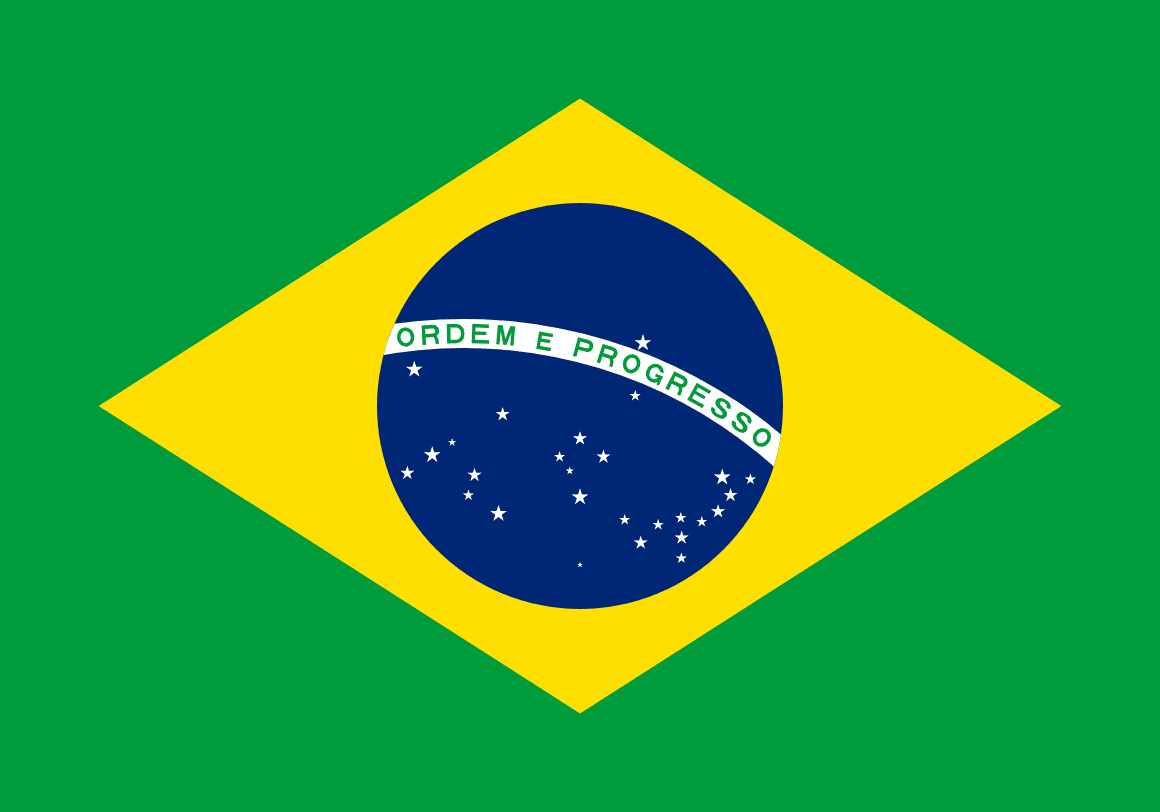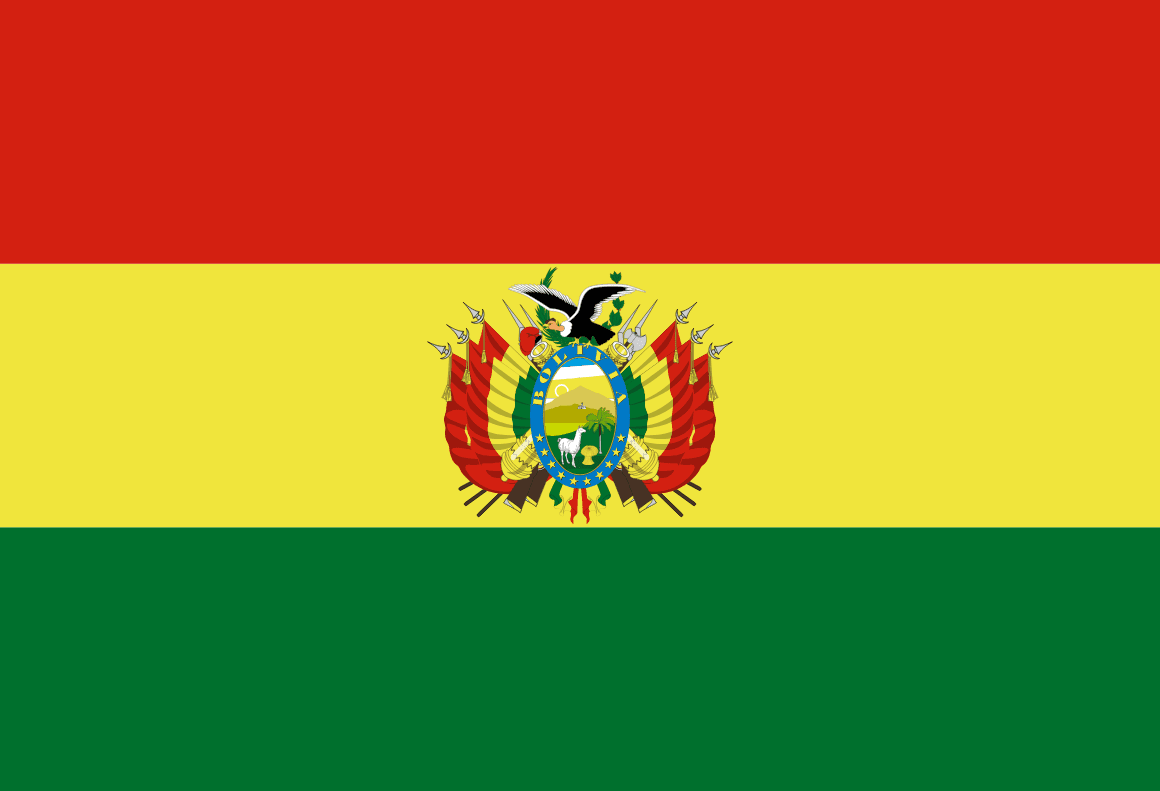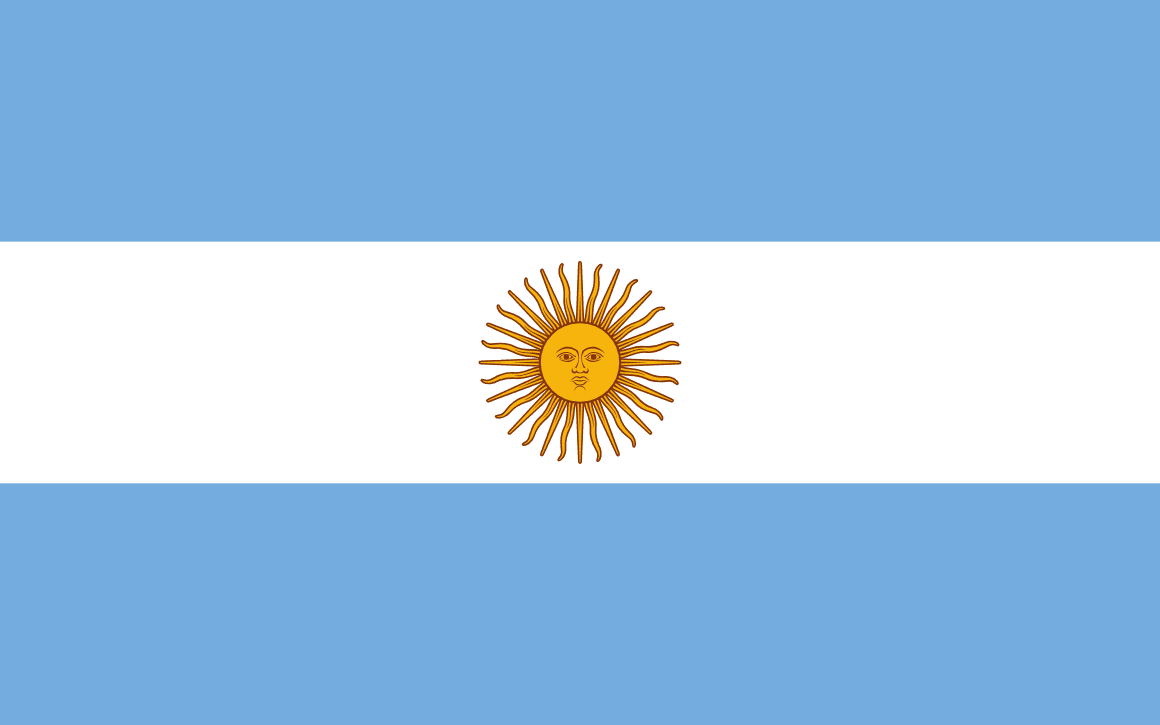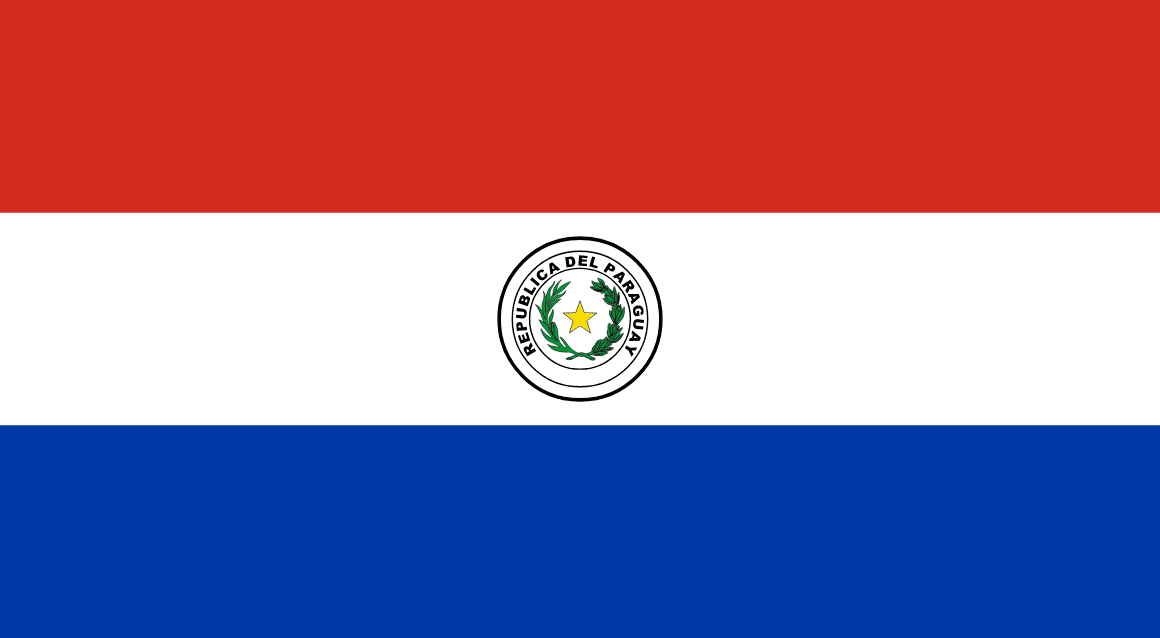
A study found that tax havens offer a major conduit through which investors can fund agribusiness in tropical areas; 68% of all investigated foreign capital flowing into nine of the top companies in the soy and beef sectors in the Brazilian Amazon was transferred through tax havens between 2000 and 2011. A large proportion of this was through the Cayman Islands. The report noted that the secrecy and transparency offered by such havens appear to be important to those investing large sums in agribusiness companies responsible for significant land conversion in the Amazon, likely because it protects them and allows them to more thoroughly conceal their involvement.

According to Mongabay, it was uncovered in February 2023 that three landowners had orchestrated the largest single instance of deforestation in the Brazilian Amazon's history, clearing 6,469 hectares of forest in Pará state. This large-scale land grab, conducted between February and May 2020, cost at least $2.5 million and is expected to yield nearly $20 million in profits from selling the land for soy farming or cattle ranching. This took place along the BR-163 highway, between the districts of Castelo dos Sonhos and Vila Isol, regions known for their economic activities, including gold mining, timber, cattle, and soybean farming. The land, initially public and belonging to the Brazilian federal government, was illegally appropriated and cleared without environmental authorisation. This deforestation, larger than the area of Manhattan, represents a significant loss of biodiversity and a contribution to climate change, as well as a breach of Brazilian environmental laws. The three key figures behind this land grab are Jeferson de Andrade Rodrigues, Delmir José Alba, and his brother Augustinho Alba. They all have a history of environmental fines and infractions.

The Brazilian Federal Regional Court of the 1st Region convicted three companies for the illegal logging and subsequent transportation and trade of wood from the Rondônia region of the Legal Amazon. The companies involved are Celia Ceolin EPP, BV Indústria e Comércio de Madeiras Ltda ME, and Madeireira Mil Madeiras Ltda EPP. Each company was fined US$100,000 and ordered to plant 10 hectares of the protected Brazilian tree that had been illegally exploited. The conviction followed Operation Guardians of the Mountains in 2008, where authorities were able to seize 600 cubic metres of timber illegally logged in the Amazon, as well as 17 trucks. The wood had been sawn without authorisation, whereas Mil Madeiras had falsely advertised on their website that they operated in an environmentally conscious manner, claiming certification from Brazilian environmental authorities. However, the exploitation of Brazilian nut wood, found during the Operation, has been prohibited since the early 1990s. The court also found that, in addition to the illegal cutting of protected trees in the Amazon, the companies laundered the timber by mixing the illegally logged wood with legal logs, and their records never mention the Brazil nut.

The Global Witness report titled "Empty Promises: Cargill, Soy, Banks and the Destruction of Bolivia's Chiquitano Forest" reveals that US food giant Cargill has directly purchased soy from farms in Bolivia where more than 20,000 hectares of forest have been razed since 2017. The report suggests that Cargill is systematically failing to collect key data about the origins of its soy supplies in Bolivia, casting serious doubt on its commitments to achieving fully traceable and "deforestation-free" supply chains. The report also reveals that Cargill's global operations have been bankrolled by financial institutions including Barclays, BNP Paribas, HSBC and Santander, despite these firms' pledges to eliminate or reduce deforestation from their portfolios. The report concludes with a series of urgent recommendations to the EU and UK, US and Bolivian governments, to the world's biggest and most influential banks, and to Cargill itself.

Corruption is a significant issue in the Bolivian timber industry, with false or fraudulent documents being issued by government officials. Companies launder illegal timber into supply chains by fraudulently obtaining paperwork, falsifying the Forestry Origin Certificate (CFO), or selling timber without a CFO. Most of this illegal timber comes from protected areas, indigenous territories, or natural forests. Illegal timber is laundered out of Bolivia by loggers making fraudulent declarations of greater numbers of trees than exist, artificially inflating the number of trees in authorised forest management areas or logging plans. This allows them to supplement their timber consignment with illegally extracted timber from other areas. Reno Noel Silvia Cespedes, a former Forest and Land Authority (ABT) official, reportedly signed 2,096 documents authorising the clearing of protected areas between 2015 and 2018. A 2018 report by the ABT found that the agency authorised the cutting of at least two protected species at far higher rates than is permitted by law.

Illegal logging in Bolivia's forests is contributing to deforestation, biodiversity loss, and environmental degradation. High-value woods are being harvested almost to extinction, pushing loggers deeper into protected areas. Parks at risk include Madidi, Carrasco, Ambaró, and Isiboro-Secure, all of which are adjacent to the Amazon region. In Madidi and Ambaró, an entire trafficking network has sprung up around the pilfering of valuable mara wood (Swietenia macrophylla), also known as big-leaf mahogany. The tree species has been classified as "vulnerable" on the International Union for Conservation of Nature (IUCN) Red List. It has also been granted Appendix II protection under the Convention on International Trade in Endangered Species (CITES), indicating that its trade must be regulated to prevent exploitation that threatens its survival. In 2011, the head of Bolivia's forests agency warned that the overexploitation of mara wood had left the species on the brink of disappearing. According to an investigation by Eduardo Franco Berton, a Bolivian environmental journalist who has investigated the illicit timber trade, traffickers are still financing the extraction of mara wood. The pilfering requires organized crews that head deep into national parks, crossing rivers and canyons, to reach isolated stands of mara trees. Loggers chop down trees that can reach up to 45 meters in height and then use buzzsaws to cut them into planks measuring 3 to 5 meters in length. Carriers then transport these planks on their backs for up to two miles across challenging terrain. Once the carriers reach a river drop-off point, the timber is strung together by rope to form long rafts called callapos. The rafts carry 150 planks on perilous journeys up to three days on Ambaró's Yapacani, Ichilo, and Mataracu rivers. The trips can earn sailors some $700. Trucks then pick up the timber, bringing it to warehouses. The best wood is selected and smuggled to neighboring countries. From Madidi, located northwest of La Paz, the wood is moved to San Pedro de Putina Punco, Peru, while wood extracted in Ambaró is moved across the long porous border between Bolivia and Brazil's Mato Grosso state. The timber is often concealed in other truck cargo. Timber that reaches Brazil and Peru has been exported to international markets, such as China and the United States.

In 2022, Bolivia lost 245,177 hectares of primary forest, making up 12.4% of total Amazon deforestation. This is largely due to unchecked fires, often human-caused to clear land for agriculture and cattle farming, in a practice known as "chaqueo". These fires emit massive amounts of carbon dioxide, making Bolivia a hotspot for carbon emissions during fire season. The Bolivian government's promotion of agribusiness in the Amazon, particularly for cattle-rearing and farming, has led to increased rates of deforestation. The Authority for the Social Audit and Control of Forests and Lands (ABT) authorised the deforestation of 212,000 hectares annually between 2016 and 2021, accounting for 83% of total deforestation. Legal changes, such as the 2013 Forest Restitution Law, have allowed farmers to legalise land that was illegally cleared for agriculture and cattle farming. Land titling laws further promote deforestation by requiring landowners to show productive use of the land within two years or risk confiscation.

The Verité report investigates forced labour indicators within Bolivia's Brazil nut, cattle, corn, and peanut sectors. Human trafficking emerges as a critical issue, particularly in remote rural areas where workers face coercion and exploitation. Vulnerable individuals, often from marginalised communities, are trafficked and subjected to abusive recruitment practices, debt bondage, and inadequate living conditions. The report highlights that victims are frequently misled about the nature of their work, wages, and living conditions, leading to situations where they cannot freely leave or seek help. It underscores the necessity of stringent enforcement of labour laws, enhanced labour inspections, and support systems for victims to combat trafficking. The study calls for collaboration between governmental, non-governmental, and international entities to address the root causes and provide comprehensive support to affected workers. Ending trafficking and forced labour requires a multifaceted approach that includes regulatory oversight, victim protection, and education initiatives to raise awareness about these issues.

Bolivia's Minister for Rural Development and Land, Edwin Characayo Villega, was arrested for allegedly accepting a bribe related to land trafficking, according to InSight Crime. Edwin Characayo is accused of accepting a cash bribe of $20,000. This bribe was part of a larger scheme in which he and other public officials were expected to receive a total of $380,000 to facilitate the transfer of land ownership in the municipality of San Ramon. Characayo also allegedly used his position to coerce individuals seeking to acquire and clear land for agricultural purposes into paying bribes. He is accused of exploiting his role as a minister to influence land transactions in favour of certain individuals, bypassing legal and regulatory processes. Characayo, who denies the charges, follows his predecessor Wilson Coceres, fired for nepotism and influence peddling. The issue of corrupt land trafficking schemes, which often involve government officials, has plagued Bolivia for years. Despite a 2014 law imposing up to eight years' imprisonment for illegal land sales, the practice continues to fuel corruption.

An investigation by Insight Crime in 2024 discovered that prospectors are damaging Bolivia's Tuichi River and Madidi National Park in their search for gold. As miners increasingly breach the reserve, park rangers have reduced their patrols and inspections. The mining is carried out by small-scale cooperatives, known locally as cooperativas, which sometimes act like mafias. These cooperatives control 94% of Bolivia's national gold production. They often operate in a state of near-impunity, thanks to grey areas in Bolivian law and little oversight by the government's mining agency, AJAM. The cooperatives have political power and have been known to hold the government hostage, bribe and coerce mining agency officials, and have dealings with Colombian and Chinese mining outfits. Bolivia is currently experiencing a gold boom, with production increasing from 6.3 tons in 2010 to 42 tons in 2019, fuelled by a distinct lack of controls on the mining, sale, or export of the precious metal.

According to an article by Mongabay, Bolivia is facing a severe deforestation problem due to soy plantations, with satellite data showing that soy plantations were responsible for over 900,000 hectares (2.2 million acres) of deforestation between 2001 and 2021. Nearly quarter of this deforestation was caused by Mennonite communities, who legally purchased the land with the intention of expanding their simple, rural lifestyles. This new understanding of Mennonite activity in Bolivia comes from a new data set from Global Forest Watch, which combined soy plantation mapping with forest loss imagery to determine soy-driven deforestation. Mennonite soy farms have been a main driver of deforestation in the Beni and Santa Cruz departments, where vulnerable areas like the dry forest biome of Chiquitana are already suffering from drought and fires caused by climate change. The figures come from a new Global Forest Watch data set on soy plantations, which was merged with forest loss imagery to determine soy-driven deforestation.

According to an article by Mongabay, Bolivia is facing a severe deforestation problem due to soy plantations, with satellite data showing that soy plantations were responsible for over 900,000 hectares (2.2 million acres) of deforestation between 2001 and 2021. Nearly quarter of this deforestation was caused by Mennonite communities, who legally purchased the land with the intention of expanding their simple, rural lifestyles. This new understanding of Mennonite activity in Bolivia comes from a new data set from Global Forest Watch, which combined soy plantation mapping with forest loss imagery to determine soy-driven deforestation. Mennonite soy farms have been a main driver of deforestation in the Beni and Santa Cruz departments, where vulnerable areas like the dry forest biome of Chiquitanía are already suffering from drought and fires caused by climate change. The figures come from a new Global Forest Watch data set on soy plantations, which was merged with forest loss imagery to determine soy-driven deforestation.


An investigation by Argentine TV show Periodismo Para Todos (PPT) revealed significant smuggling of soybeans from Argentina to Paraguay. This illicit trade exploits the same cross-border blindspots that are used for drug trafficking. Smugglers transport soybeans into Paraguay to circumvent Argentina's hefty 30% export tariffs. The soybeans are transported via the Paraná River, where Paraguayan boats either collect soybean loads from Argentine boats or dock at clandestine ports to await truck deliveries. Once in Paraguay, the soybeans are recorded as Paraguayan produce and exported. This contraband trade has been fuelled by rising production costs in Argentina and falling global soybean prices, making smuggling a more profitable option for many farmers. The impact of this illicit trade is evident in industry statistics. Between 2011 and 2015, while Argentina's soybean production increased by 8%, exports fell by 6%. In contrast, Paraguay saw a 10% rise in production but a dramatic 62% increase in exports, indicating the scale of the contraband operation.

In February 2022, the Argentine National Gendarmerie intercepted two trucks carrying a total of over 4 tons of marijuana concealed within illegal timber shipments. The first seizure occurred near Nueve de Julio, Buenos Aires province, where a truck was found carrying more than 3 tons of marijuana hidden among wooden beams. The second seizure took place near Puerto Avellaneda, Misiones province. Upon noticing the presence of uniformed personnel, the driver abandoned the vehicle, which was found to contain 1,002 kilograms of cannabis sativa concealed in a timber shipment.


The Environmental Crimes Financial Toolkit is developed by WWF and Themis, with support from the Climate Solutions Partnership (CSP). The CSP is a philanthropic collaboration between HSBC, WRI and WWF, with a global network of local partners, aiming at scaling up innovative nature-based solutions, and supporting the transition of the energy sector to renewables in Asia, by combining our resources, knowledge, and insight.